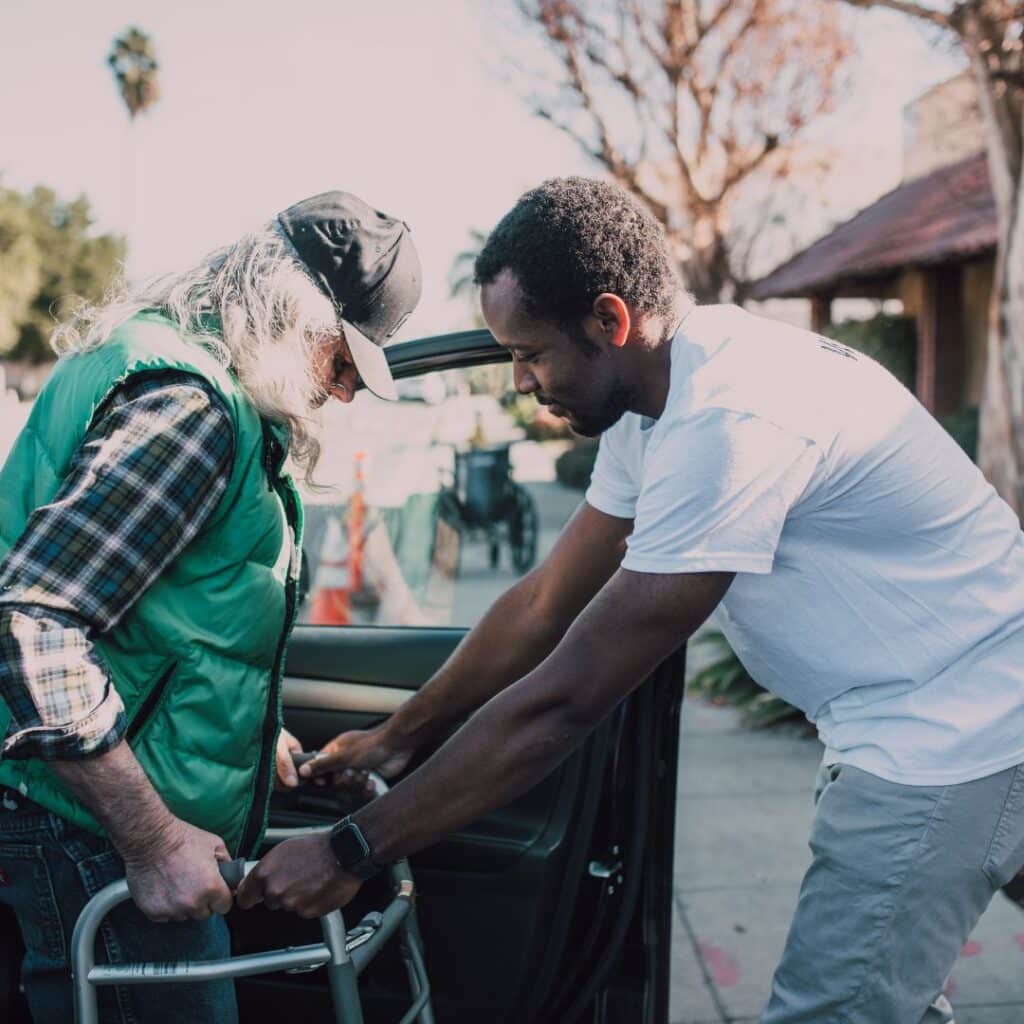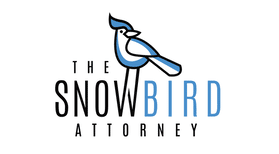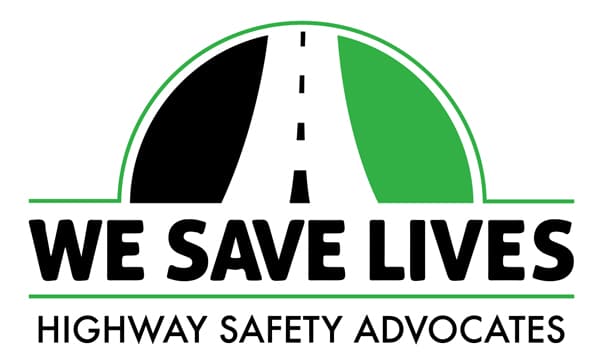
What is a Rehabilitation Support Worker (RSW)?
In the community, there are a number of titles our role has been given depending on how individual firms refer to the discipline. These include Rehabilitation Therapists, Rehabilitation Assistants and Rehabilitation Support Workers. Regardless of title, the responsibilities are all the same. At Stride Rehab we identify as Rehabilitation Support Workers. Please note this is a different discipline from a Personal Support Worker (PSW).
How Do RSW’s Find Themselves on a Rehabilitation Treatment Team?
When a rehabilitation treatment team is put together to support a client’s needs, an RSW is often considered due to the high quality of service delivery combined with the cost-effective nature of the discipline. RSW’s implement treatment goals recommended by regulated health professionals, stretching rehab dollars available for support.
What Experience Do RSW’s Have?
At Stride Rehab, our RSW’s experience comes from a focus on providing rehabilitation support to individuals with an acquired brain injury and/or spinal cord injury. Our training and background allow us to support individuals who have also been diagnosed with mental health disorders, developmental disabilities, dual diagnosis, orthopedic injuries, stroke, addiction and pain related to soft tissue injuries. Managing extremes in behaviour is one of our specialties.
Where Does Rehabilitation Support Take Place?
RSW’s provide the support where it is needed and in the environment which is necessary for a goal to be achieved. This includes home, school, work or in a hospital setting. Traditional support occurs hands-on with a client, face-to-face working collaboratively. We also have a number of clients both past and present where support has been delivered virtually, for cues and reminders that are goal specific. Some clients cannot schedule their own appointments and do not have daily support to facilitate doing so. We are able to assist by inputting appointment dates into a client or caregiver’s online calendar without having to be physically present. This supports a client’s needs in real time while eliminating frustration and travel costs.
What Does an RSW Specifically Work on With Clients?
Our flexible approach is contingent on where an individual is in the process of their personal recovery. Someone who has just been involved in an accident/motor vehicle collision and suffered an Acquired Brain Injury (ABI) or spinal cord injury will be in a different state of recovery when compared to someone who is 2 years post-accident. We adapt our approach to the ideal program based on an individual’s needs. Some examples of support RSW’s provide are academic support, activities of daily living, assistive technology support, cognitive rehabilitation, community integration, physio/exercise program, and return to work or volunteer.
How is the decision Made on What Goal(s) to Work on With a Client?
Program goals are recommended and overseen by regulated health professionals on a treatment team. Most of our clients have a full rehabilitation team including but not limited to: Psychologists, Occupational Therapists, Speech-Language Pathologists, Social Workers and Physiotherapists. Each discipline makes recommendations within their scope of practice.
How is the Support Delivered?
Given that an RSW is the discipline on the rehabilitation treatment team who typically meets with the client the most, an RSW takes all of the recommended goals from the regulated health professionals on the team and implements them during RSW sessions. The RSW must identify and prioritize goals based on the client’s emotional state and functional ability on any given day. Each session begins by performing this assessment. During the recovery process, an RSW analyzes assessment data to identify patterns in behaviour. This analysis provides important feedback to the clinical team and client, providing an appropriate platform to build future treatment goals.
On What Standards do RSW’s Operate?
RSW’s function and operate under the supervision and guidance of the regulated health professional(s) on the team. Each regulated health professional on a clinical team belongs to a college specific to their discipline, which has guidelines governing performance standards. At Stride Rehab, our high internal standard of professional practice includes regular communication and feedback with the team, as well as detailed records that are maintained and shared with the clinical team, enabling goals to be adjusted as needed.
For more information please visit: www.striderehab.ca
Submitted by John Shamoon, Rehabilitation Support Worker
We welcome John as a member of Crash Support Network and we thank him for his support.
The Crash Support Network is a unique one-of-a-kind website consisting of an online support group, a crash survivor blog, a quarterly newsletter, “Sharing Our Recovery” as well as highly informative articles. Our website is based on relationship-building and puts the needs of survivors first by creating a helpful resource for victims and survivors of motor vehicle crashes.





